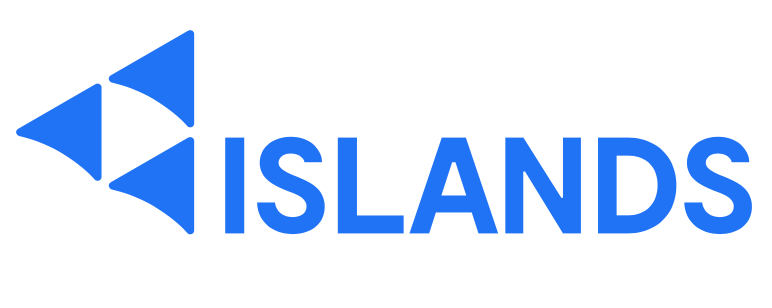Plastic pollution is one of the most pervasive environmental challenges facing humankind. 14 million tons of plastic waste ends up in the oceans every year, devastating marine life, dirtying coastlines, and permeating the entire food chain, from larvae to humans. Ingesting microplastics has serious health impacts, and can cause cancer, diabetes, reproductive disorders, and neurological damage in fetuses and children.
There are massive economic costs associated with plastic pollution in oceans. The United Nations Environment Programme (UNEP) estimated US$13 billion in annual revenue losses to fisheries and marine tourism industries and US$75 billion in natural capital costs in the consumer goods sector.
Addressing plastic pollution cannot be achieved by a single country or region. Global efforts are underway, including through the #BeatPollution initiative to eradicate all forms of pollution by 2030.
A range of policy and technical measures must be taken simultaneously to address plastic pollution worldwide. These include but are not limited to banning single-use plastics, designing products around recyclability, diverting plastic waste and related trade flows to destinations with suitable recycling facilities, improving recycling markets and technologies, and implementing recycling incentive schemes, deposit refund systems, takeback programmes and clean-up initiatives.
This group provides space for exchange on plastic recycling and addressing plastic pollution. Group members are welcomed to share all forms of relevant content and information, including on policy and market-based approaches, advocacy initiatives, materials and manufacturing innovation, case studies, life-cycle assessments, and plastic recycling cooperatives and business models, as some examples.
This group is convened in the context of the Implementing Sustainable Low and Non-Chemical Development in Small Island States (ISLANDS) Programme. ISLANDS supports thirty-three Small Island Developing States (SIDS) in the Atlantic, Caribbean, Pacific and Indian Ocean to manage hazardous chemicals and waste safely and sustainably.
Would you like to find out more about plastics and what ISLANDS is doing about it? Visit our knowledge hub on gefislands.org to find dedicated information, news and opportunities on plastics in SIDS.
{"preview_thumbnail":"/sites/default/files/styles/video_embed_wysiwyg_preview/public/video_thumbnails/xWutQ9RFtaw.jpg?itok=kx8Efwgp","video_url":"https://youtu.be/xWutQ9RFtaw","settings":{"responsive":1,"width":"854","height":"480","autoplay":1},"settings_summary":["Embedded Video (Responsive, autoplaying)."]}
